6 “Healthy” Drinks That Don’t Help Your Heart And 9 That Can Actually Lower Blood Pressure
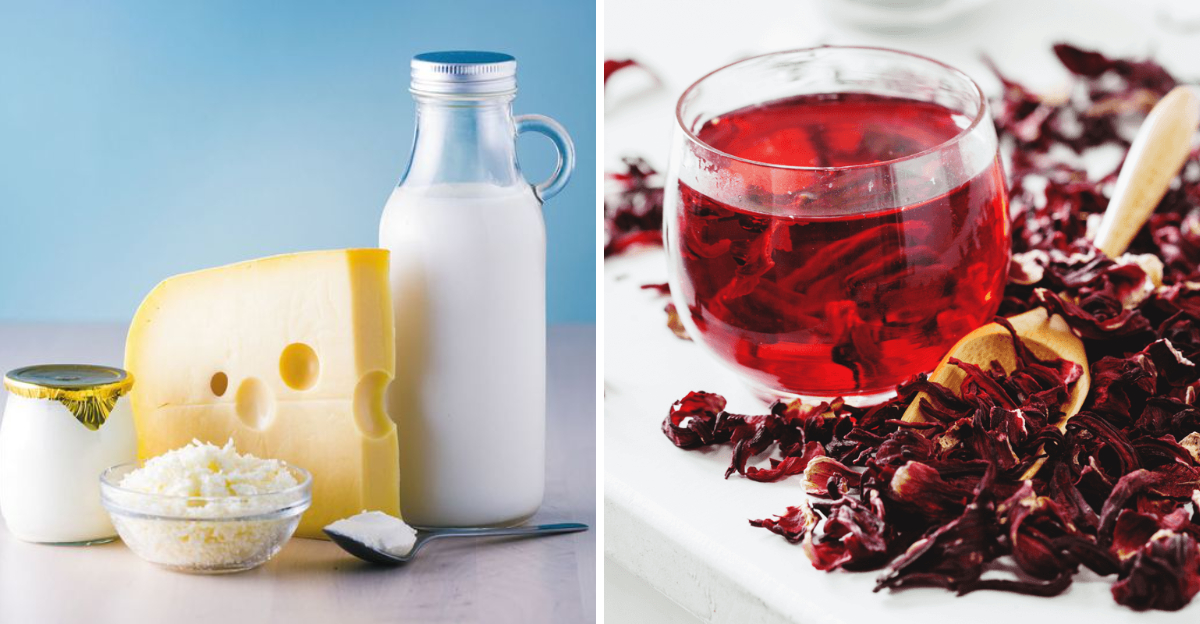
Explore the intriguing world of beverages that impact your heart’s health. While some drinks are marketed as healthy options, they may not be as beneficial for your heart as you’d think. Others, however, can genuinely support healthy blood pressure. Discover which drinks to be cautious of and which to embrace for better cardiovascular wellness.
1. Flavored Vitamin Waters
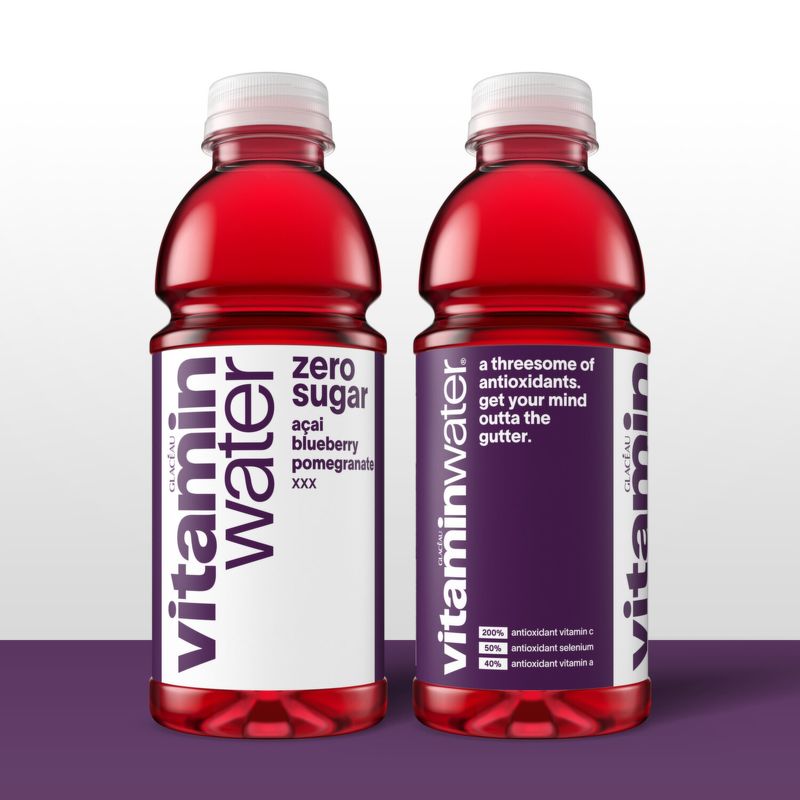
Flavored vitamin waters often carry the illusion of health, yet hide a sugary secret. These beverages, laden with added sugars or artificial sweeteners, can mislead those seeking nutritious hydration. Despite their vibrant labels and fruity allure, these drinks can be as detrimental to heart health as sugary sodas. High sugar intake is known to contribute to weight gain and increased risk of heart disease. When reaching for a drink to quench your thirst, it’s wise to consider water or unsweetened beverages instead. The reality is, your blood vessels would appreciate a less sugary alternative.
2. Bottled Green Tea (Sweetened)
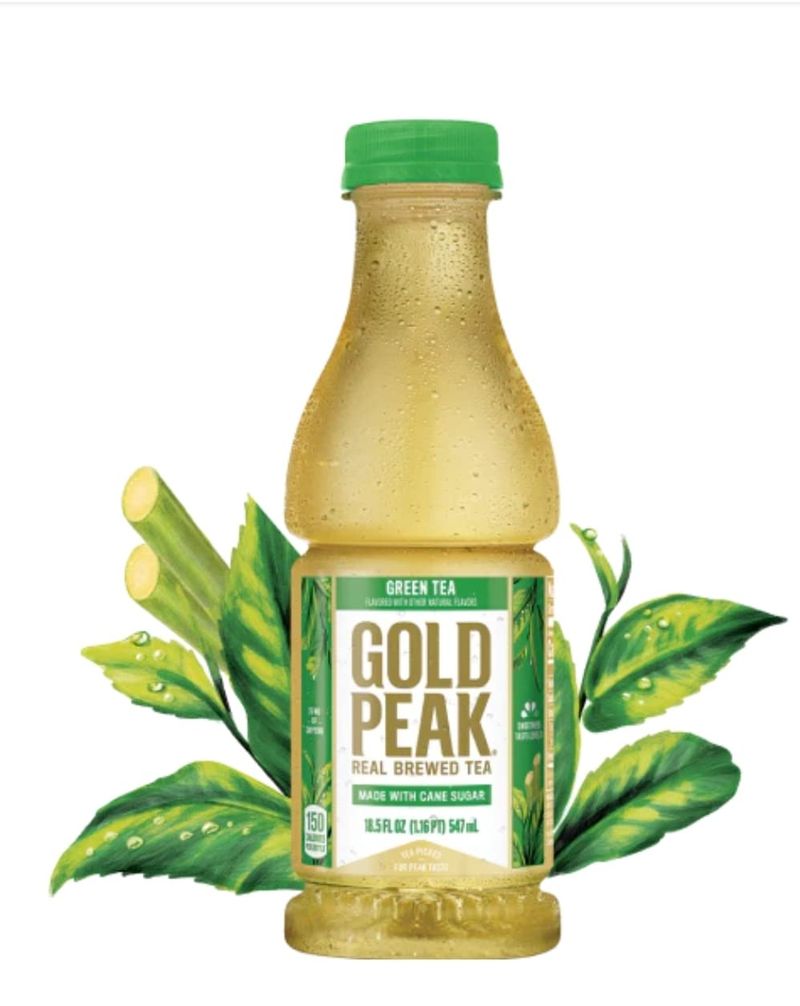
Bottled green tea promises the benefits of antioxidants but often delivers a hefty dose of sugar. This sweet deception can turn a healthful beverage into a sugary foe. Some bottled varieties contain as much sugar as sodas, negating the potential heart health benefits. Regular consumption of high-sugar drinks can lead to elevated blood pressure and increased heart disease risk. For a truly beneficial experience, choose unsweetened green tea. By doing so, you preserve the natural goodness of tea while safeguarding your heart. Remember, not all green teas are created equal.
3. Sports Drinks
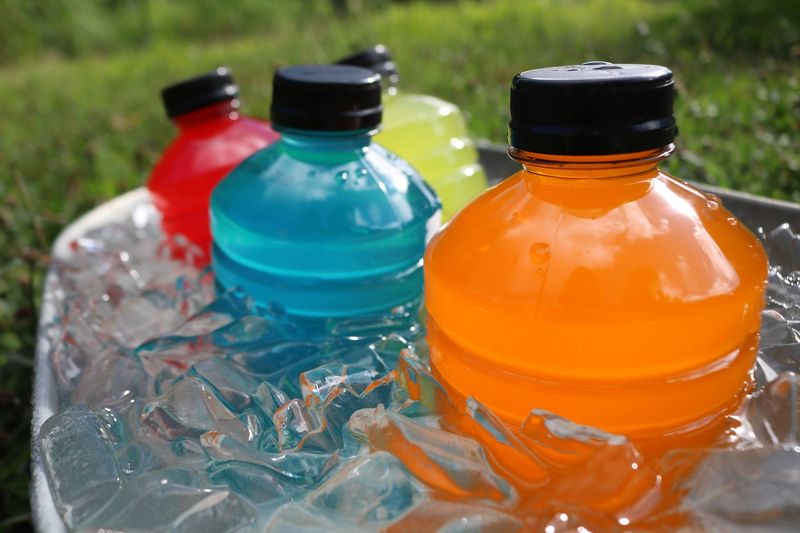
Sports drinks are often touted for their ability to hydrate and replenish electrolytes, especially among athletes. However, many contain high levels of sodium and sugar, which can counteract these benefits by increasing blood pressure. While they serve a purpose after intense physical exertion, their regular consumption by the average person may pose heart health risks. The key is moderation and understanding their nutritional content. For everyday hydration, water remains the best choice. Always be mindful of what your body truly needs versus what’s marketed as a necessity.
4. Fruit Juice (Even 100% Juice)
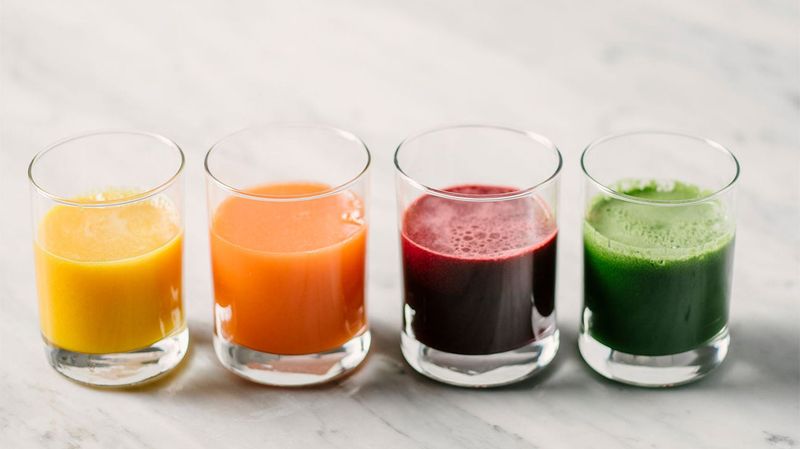
Fruit juices, even those labeled as 100% juice, can be misleadingly high in sugar. While they provide essential vitamins, they lack the fiber found in whole fruits, leading to rapid blood sugar spikes. This can be particularly concerning for long-term heart health. Whole fruits, with their natural fiber, offer a more balanced nutrient intake without the sudden sugar surges. For those seeking the benefits of fruit without the sugar overload, consuming fruits in their natural state is the heart-smart choice. The allure of convenience should not outweigh the pursuit of health.
5. Plant-Based Milks with Added Sugar
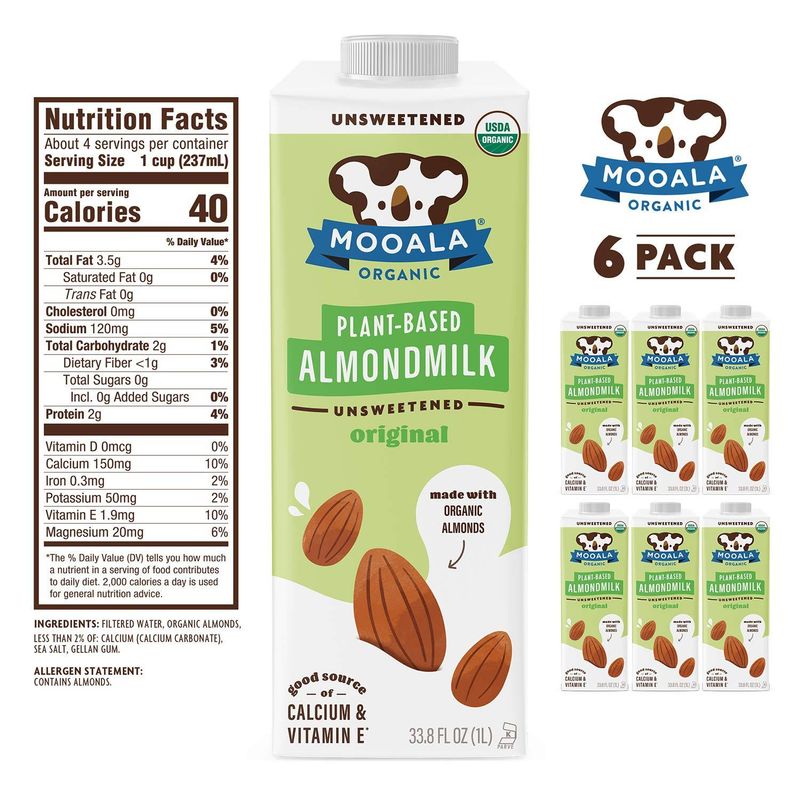
Plant-based milks such as almond, oat, or soy milk can offer health benefits, but when flavored or sweetened, they become less heart-friendly. Added sugars in these beverages can sneak up on you, leading to increased calorie intake without the nutritional balance. This can adversely affect heart health over time, contributing to weight gain and higher blood pressure. Opting for unsweetened versions ensures you enjoy the benefits of plant-based milks without the sugary drawbacks. Awareness of ingredient labels can make a significant difference in maintaining a healthy heart.
6. “Detox” Teas or Juices
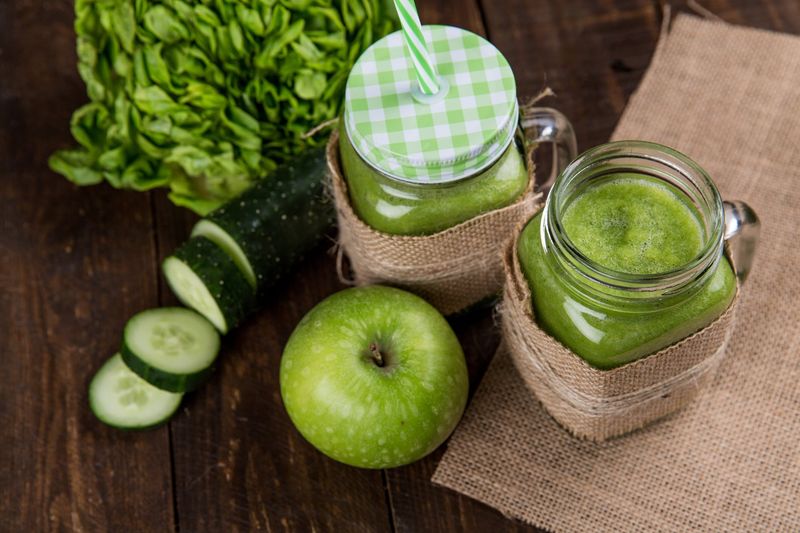
“Detox” teas and juices often promise a quick health fix, yet they can be more marketing hype than genuine help. Many contain diuretics and laxatives, which can disrupt your body’s natural balance. While they may offer temporary weight loss through water loss, their long-term effects can be harmful. Relying on such drinks can lead to dehydration and electrolyte imbalances, neither of which support heart health. It’s essential to approach these with skepticism and prioritize well-researched, balanced nutrition over fad-driven solutions. Your heart deserves more than a fleeting trend.
7. Hibiscus Tea
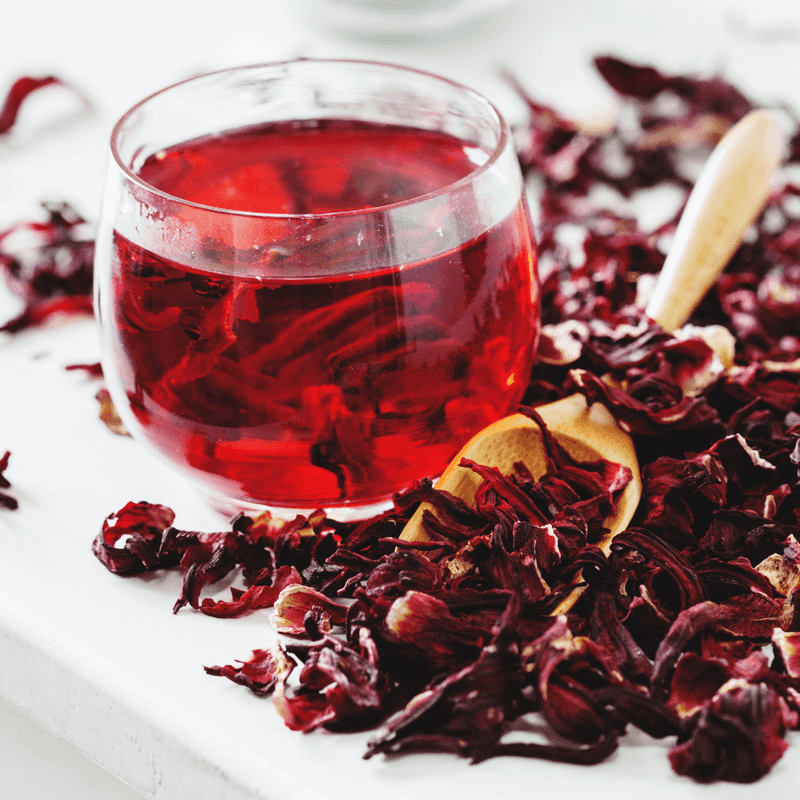
Hibiscus tea, with its striking red hue, is more than just a pretty drink. Rich in antioxidants, it has been shown to help lower systolic blood pressure. When consumed regularly in its unsweetened form, hibiscus tea can contribute to improved cardiovascular health. The natural compounds in hibiscus work to relax blood vessels, allowing for better blood flow and reduced pressure. Incorporating this tea into your daily routine can be a flavorful way to support your heart. Just remember to enjoy it in its purest form, free from added sugars.
8. Beet Juice
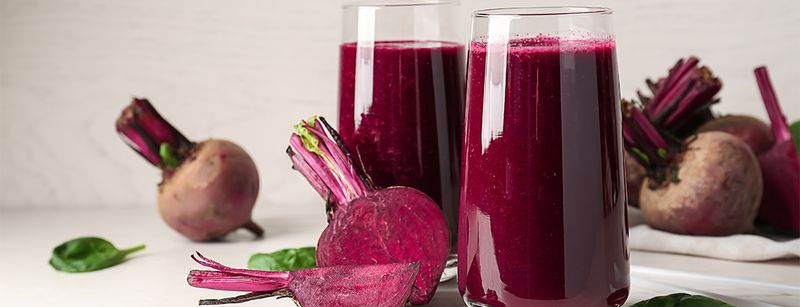
Beet juice, with its vibrant red color, offers more than just visual appeal. Packed with nitrates, beet juice has been shown to improve blood flow and lower blood pressure. These natural compounds in beets help dilate blood vessels, supporting cardiovascular health. For those seeking a natural way to enhance their heart’s well-being, incorporating beet juice into the diet can be beneficial. To maximize its effects, consume it fresh and unsweetened. The earthy taste might take some getting used to, but the heart health benefits are certainly worth it.
9. Pomegranate Juice (100% Pure)
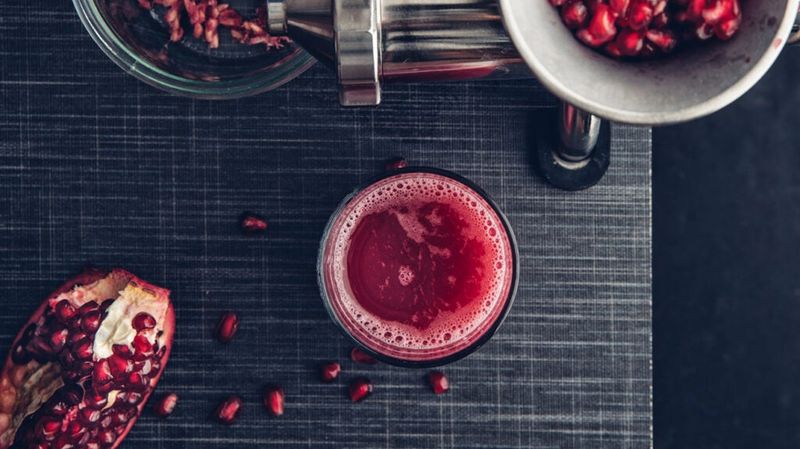
Pomegranate juice, known for its deep red hue, is a powerhouse of polyphenols and potassium. Consuming a small glass of 100% pomegranate juice daily may assist in reducing both systolic and diastolic blood pressure. The antioxidants in pomegranates support heart health by improving blood vessel function and reducing inflammation. When choosing pomegranate juice, ensure it is pure and free from added sugars to enjoy its full benefits. Incorporating this tangy juice into your diet can be a tasty way to nurture a healthier heart.
10. Low-Sodium Tomato Juice
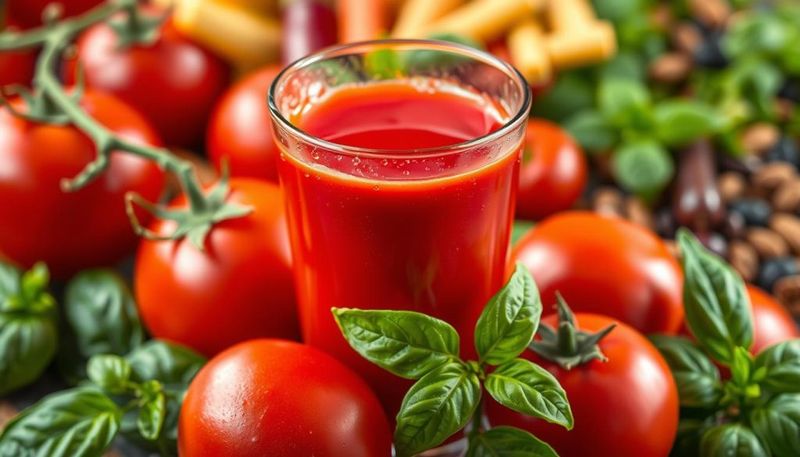
Low-sodium tomato juice might not be the first choice for many, but its heart benefits are noteworthy. Rich in potassium and lycopene, this juice can aid in reducing blood pressure. The key here is to choose the low-sodium version to avoid counteracting its positive effects. Consuming this savory juice as part of a balanced diet can support cardiovascular well-being. It’s a practical option for those aiming to incorporate more heart-friendly nutrients without added sugars or excessive salt. Sometimes, simplicity in nutrition is the best choice.
11. Green Tea (Unsweetened)

Unsweetened green tea is celebrated for its healthful properties. Loaded with flavonoids and anti-inflammatory compounds, it supports vascular health and helps regulate blood pressure. Regular consumption of this soothing beverage can be part of a heart-healthy routine. The key is to enjoy it in its natural form, without the addition of sugars that can diminish its benefits. Green tea’s subtle flavors offer a calming experience, perfect for daily relaxation moments. Embracing this tea means embracing a gentle path toward better heart health.
12. Golden Milk (Turmeric + Plant Milk + Black Pepper)
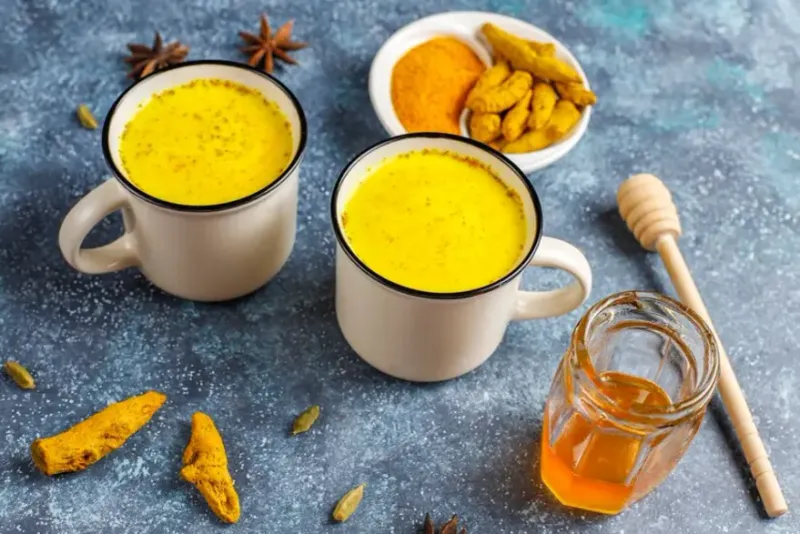
Golden milk, a blend of turmeric, plant milk, and black pepper, is not only a comforting drink but also a heart ally. Turmeric, known for its anti-inflammatory properties, may support overall cardiovascular function. When prepared without added sugars, golden milk offers a nutritious alternative to sugary beverages. The synergy of these ingredients enhances absorption, maximizing health benefits. This golden-hued drink can be a flavorful addition to a heart-conscious lifestyle. Its warmth and spice provide comfort and health in a single cup.
13. Skim or Low-Fat Milk

Skim or low-fat milk offers more than just refreshment; it’s a source of calcium and potassium, both vital for maintaining healthy blood pressure. Fortification with vitamin D adds to its nutritional profile, supporting stronger bones alongside cardiovascular health. By choosing these lighter milk options, you reduce the intake of saturated fats, which can be beneficial for heart health. For those who enjoy dairy, this is a practical choice that combines tradition with health. Incorporating it into your diet can support long-term well-being.
14. Coconut Water (No Added Sugar)
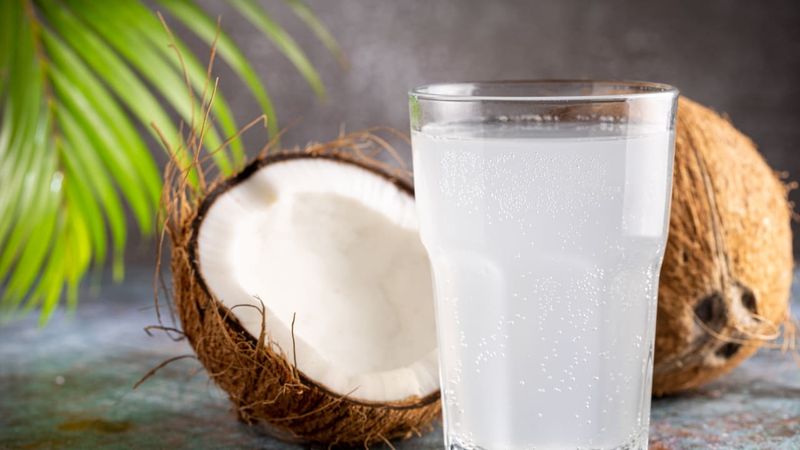
Coconut water, when free from added sugars, is a refreshing and heart-friendly drink. Naturally rich in potassium and electrolytes, it supports hydration and blood pressure regulation. Ideal for hot weather or post-exercise recovery, coconut water replenishes the body with essential nutrients. Its light, naturally sweet taste makes it a popular choice for those seeking healthy alternatives to sugary drinks. Ensure the coconut water you choose is pure, without additional flavors or sugars, to enjoy its full health benefits.
15. Water with Lemon

Sometimes, simplicity reigns supreme, as seen with water infused with lemon. This straightforward beverage provides hydration, essential for maintaining healthy blood pressure. The addition of lemon not only adds a refreshing twist but also supplies vitamin C, known for its antioxidant properties. Staying hydrated is crucial for cardiovascular health, and adding lemon makes it a more enjoyable experience. This uncomplicated drink is a testament to how little changes can positively impact health. It’s a delightful way to meet your daily hydration needs with a citrusy flair.
